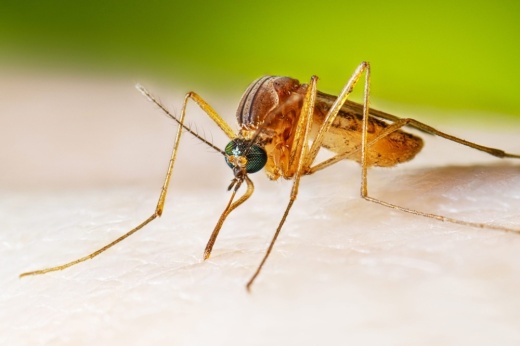What’s happening
Since the season started in April, 28 human cases of West Nile virus have been reported. That’s more than twice the 2023 season total that ended with 12 human cases, according to the news release. The West Nile virus season typically runs from April to November each year.
The release states 24 people have been hospitalized with the virus this year, and one death has been reported. County officials have already found more than 500 mosquito samples that tested positive for West Nile virus. The 2023 season ended with 244 positive mosquito samples.
West Nile virus is most commonly spread through the bite of an infected mosquito, according to the Centers for Disease Control and Prevention. The virus can cause several symptoms, including fever, headaches and vomiting. There are no vaccines or medications to treat West Nile virus in people.
County officials are urging residents to prevent and protect themselves against mosquitos.
Quote of note
“As children are headed back to school, family and sporting activities begin to take place at prime mosquito activity times,” said Dr. Brian Byrd, Tarrant County Public Health director, in a statement. “If you are going to be outside, keep the air moving by using a fan. Mosquitoes surprisingly do not fly well.”
What residents should know
Officials have found multiple mosquito samples that tested positive for West Nile virus in Grapevine, Colleyville, Southlake, Keller and Roanoke over the summer. Residents can keep up to date with the latest mosquito sample tests via the county’s online dashboard.
Tips to avoid exposure include:
- Use floor fans to keep mosquitos from landing and biting; portable fans also work well.
- Do not leave standing water in pet dishes, flower pot saucers or kids toys for more than two days.
- Use Mosquito Dunks or Mosquito Bits to remove mosquito larvae in areas that cannot be drained, such as a bird bath.
- Cut down weeds in the yard.
- Use mosquito repellent approved by the Environmental Protection Agency.





